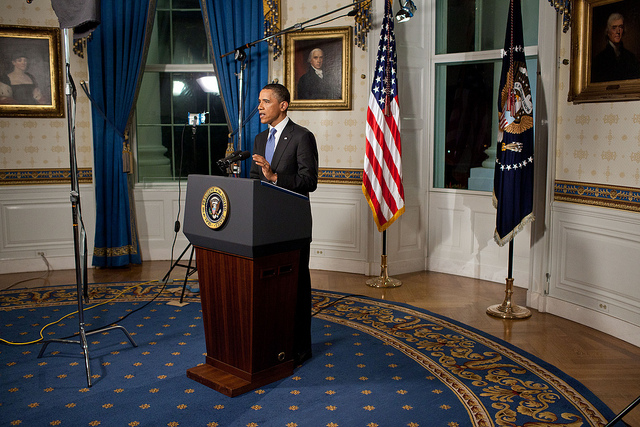
Professor Drew Westen, a professor of psychology and the author of The Political Brain: The Role of Emotion in Deciding the Fate of the Nation, wrote an opinion piece in the NYT’s Sunday Review last weekend that struck a chord. Broadly, Westen’s commentary looks at how the president’s non-confrontational approach to domestic issues has left people on both sides of the political spectrum feeling like he doesn’t advocate for them. Is it mainly a communications issue, or an inability to take sides?
Eric Cohen of Investors Against Genocide, a partner in Sudan Now, sent around an email with an interesting observation. He wrote:
The NY Times article on "What Happened to Obama's Passion?" did not discuss Sudan, but it is easy to see the parallels with the Obama administration policy on Sudan:
- The president is fond of referring to “the arc of history,” paraphrasing the Rev. Dr. Martin Luther King Jr.’s famous statement that “the arc of the moral universe is long, but it bends toward justice.” But with his deep-seated aversion to conflict and his profound failure to understand bully dynamics — in which conciliation is always the wrong course of action, because bullies perceive it as weakness and just punch harder the next time — he has broken that arc and has likely bent it backward for at least a generation.
- THE real conundrum is why the president seems so compelled to take both sides of every issue, encouraging voters to project whatever they want on him, and hoping they won’t realize which hand is holding the rabbit.
- When he wants to be, the president is a brilliant and moving speaker, but his stories virtually always lack one element: the villain who caused the problem, who is always left out, described in impersonal terms, or described in passive voice, as if the cause of others’ misery has no agency and hence no culpability.
When I initially read Westen’s piece I didn’t draw that connection. But Eric’s point speaks to what some in the Sudan advocacy community have expressed as a frustration with the “moral equivalency” that seems to underpin the international response to atrocities taking place in Sudan in recent years – most recently, in reactions to Abyei and Southern Kordofan that often shied away from directly pinning responsibility on the Bashir regime.
Photo: President Obama delivers remarks at the White House (White House flickr)

